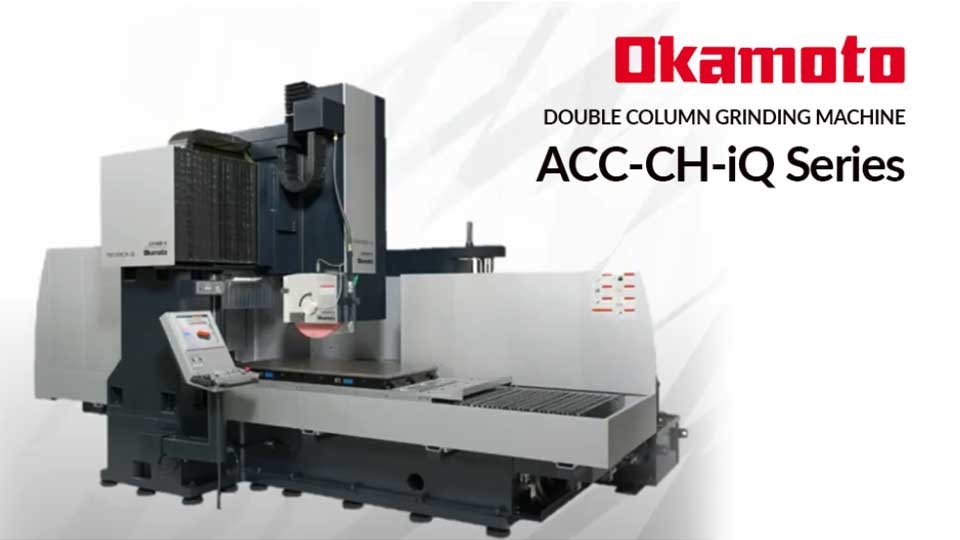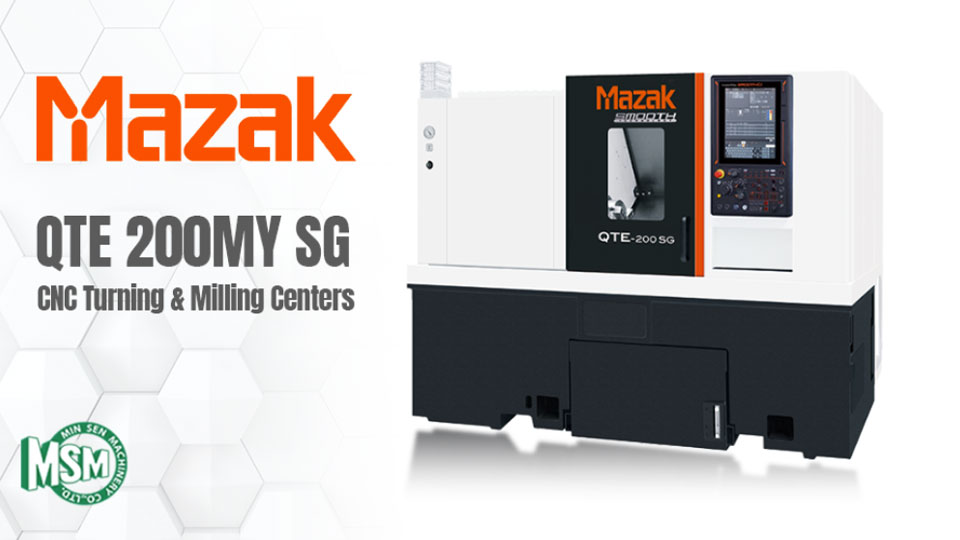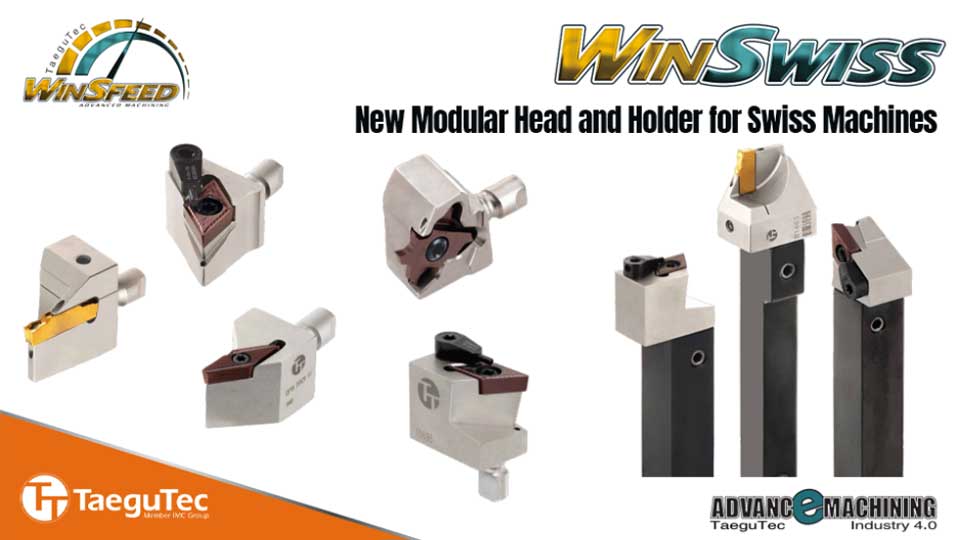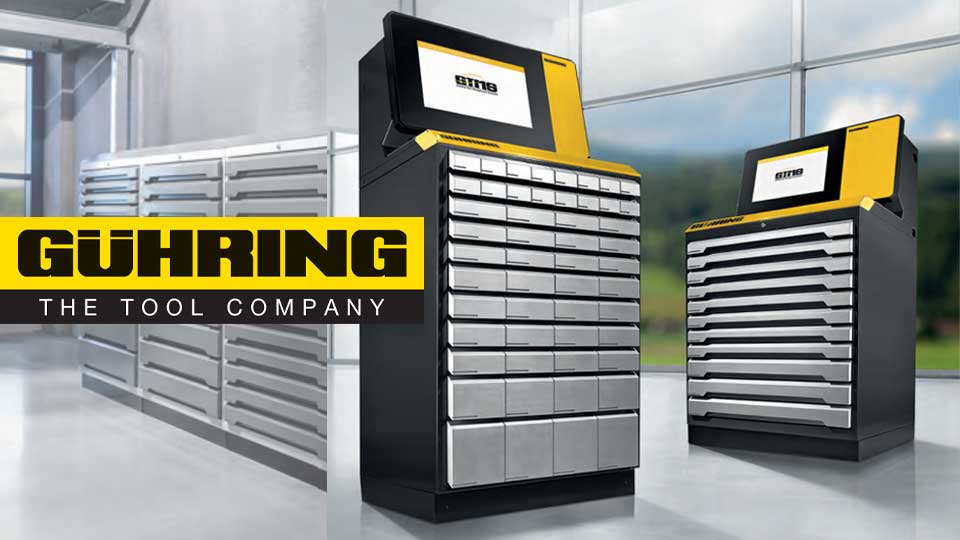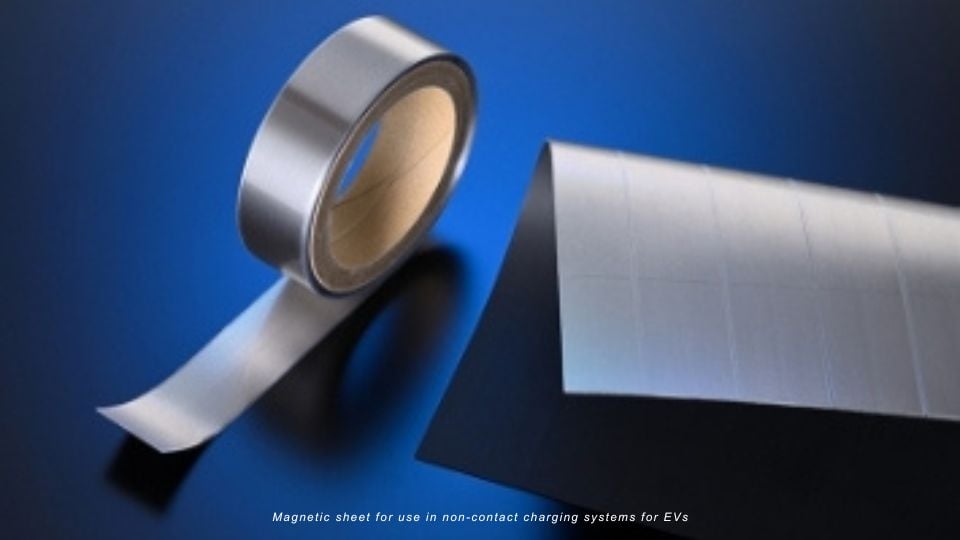
Proterial Develops Advanced Magnetic Sheet for Non-Contact EV Charging
Proterial, formerly Hitachi Metals, has developed a cutting-edge magnetic sheet and panel using soft magnetic materials to enhance non-contact charging systems for electric vehicles (EVs).
| Advertisement | |
Japan, August 29, 2024 - Proterial has significantly improved the "Q value" of the magnetic material, a key factor in reducing power loss during charging. This advancement enables smaller, lighter, and more powerful charging systems, paving the way for widespread adoption in the EV industry.
The newly developed "MS-HiQ" series leverages Proterial's renowned "Finemet" soft magnetic material, specifically designed for automotive applications. Finemet is produced by heat-treating and crystallizing amorphous metal alloys containing iron, silicon, and boron. Its fine crystal structure on the nanometer scale results in exceptional magnetic permeability and flux density, making it ideal for wireless charging systems.
Proterial has successfully adapted its smartphone wireless charging technology to the EV sector. By applying tension during the heat treatment of thin Finemet ribbons, the company has optimized the magnetic sheet's properties. Additionally, aligning the magnetic sheet's longitudinal direction with the magnetic field lines further enhances performance. This innovative approach enables the creation of significantly thinner and lighter high-power charging systems.
While ferrite-based magnetic sheets are currently the industry standard, they often require substantial size and thickness for EV applications. Proterial's magnetic sheet panels, measuring just 60 mm square, offer comparable performance to ferrite-based solutions but with a significantly reduced thickness.
Non-contact charging systems typically comprise coils and magnetic sheets for efficient energy transfer. Magnetic sheets play a crucial role in suppressing electromagnetic noise and minimizing magnetic field dissipation.
As standards for in-vehicle wireless charging systems for parked EVs are set to be finalized in 2020, industry efforts are focused on practical implementation. However, challenges remain in achieving charging efficiency comparable to wired systems.




